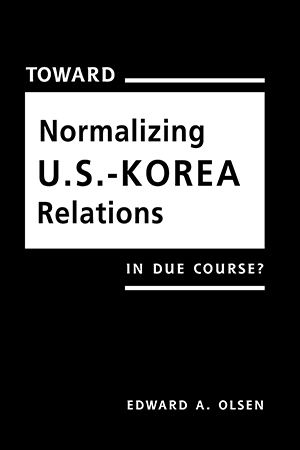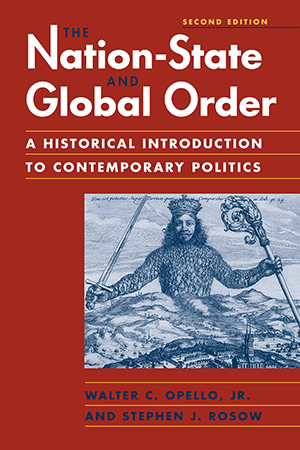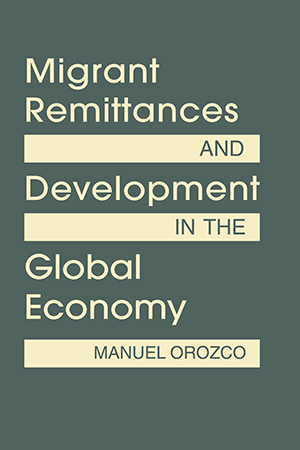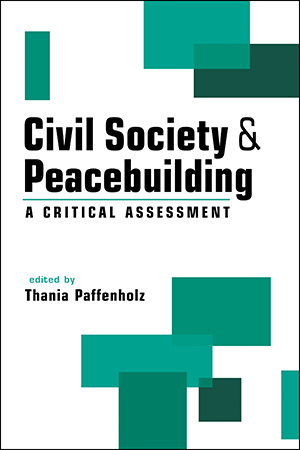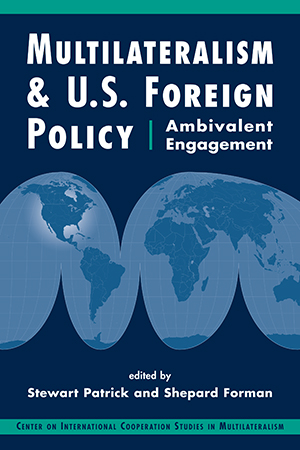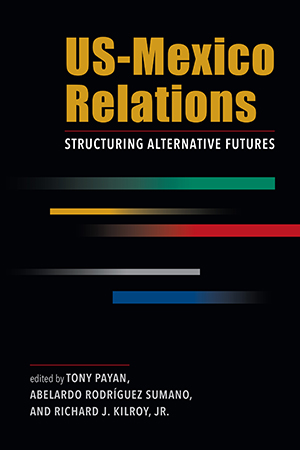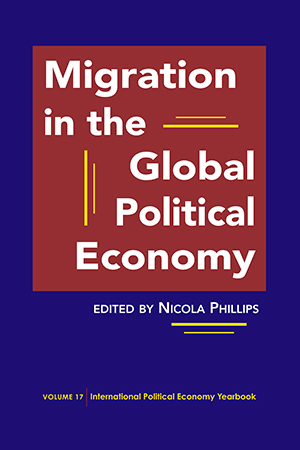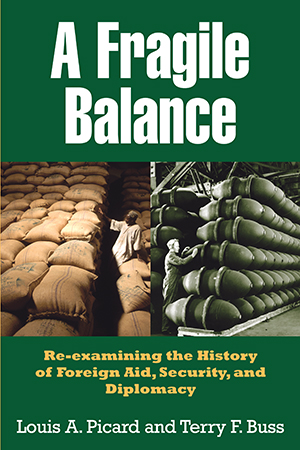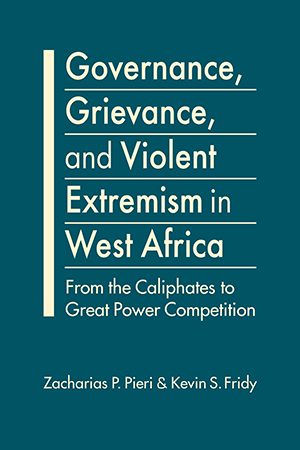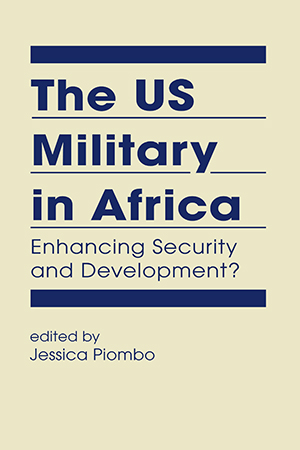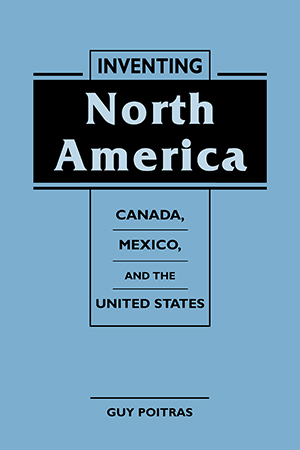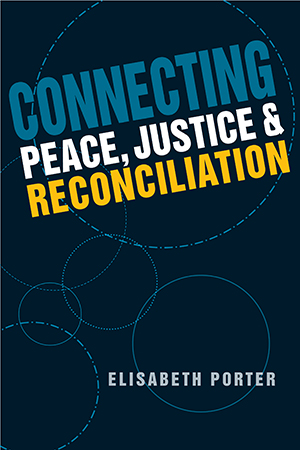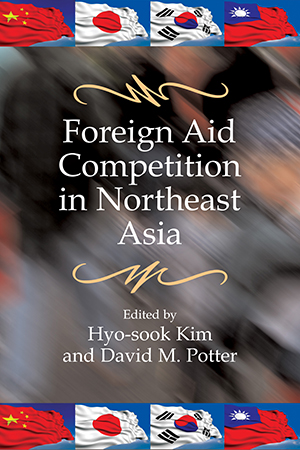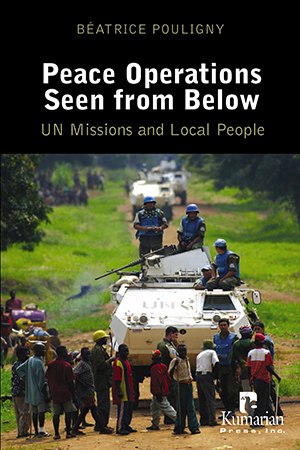International Relations (all books)
Considering the future of U.S.-Korea relations, Edward Olsen first provides a rich assessment of the political, economic, and strategic factors that have shaped—and flawed—U.S. More >
This engaging introduction to contemporary politics examines the historical construction of the modern territorial state. Opello and Rosow fuse accounts of governing practices, technological More >
Manuel Orozco moves beyond the numbers to provide a uniquely comprehensive, historically informed overview and analysis of the complex role of migrant remittances in the global More >
Responding to the burgeoning interest in the role of civil society in peace processes, this groundbreaking collaborative effort identifies the constructive functions of civil society in More >
Placing the debate squarely within the discipline of international relations, Albert Paolini assesses the key personal and political dimensions of postcolonialism—one of the major More >
When should the United States cooperate with others in confronting global problems? Why is the U.S. often ambivalent about multilateral cooperation? What are the costs of acting alone? These More >
Few would disagree that the nature of current relations between Mexico and the United States embodies both promising opportunities and reasons for alarm. The contributors to this timely book More >
How does the evolution of global capitalism shape patterns and processes of migration? How does migration in turn shape and intersect with the forces at work in the global economy? How More >
Louis Picard and Terry Buss trace the history of US foreign aid from the earliest assumptions of manifest destiny to the present, placing their discussion within the context of broader More >
What happens when external forces are brought to bear on domestic grievances and governance institutions? In environments profoundly affected by both violent extremist organizations and More >
Recent US security policy toward Africa has adopted a multidimensional approach—including the use of military assets to promote economic development and good governance—that has More >
In the face of potent domestic and global forces, the U.S., Canada, and Mexico—the NA-3—have devised an enterprise that promises to draw them closer together in the twenty-first More >
Can postconflict states achieve both peace and justice as they deal with a traumatic past? What role does reconciliation play in healing wounds, building trust, and rectifying injustices? More >
In recent years, China, Taiwan, South Korea, and Japan have been transformed from aid recipients to aid donors, raising a number of questions. What motivated these four countries to embark More >
Béatrice Pouligny argues that much of what is being rebuilt in societies emerging from war —or in some cases what is continuing to be destroyed—often lies in the ordinary More >


